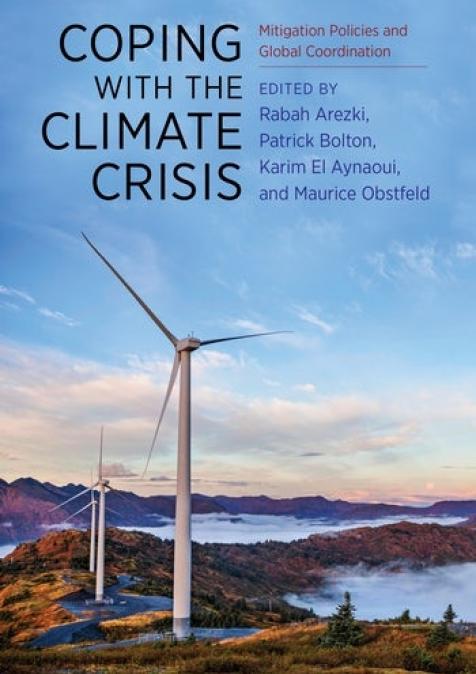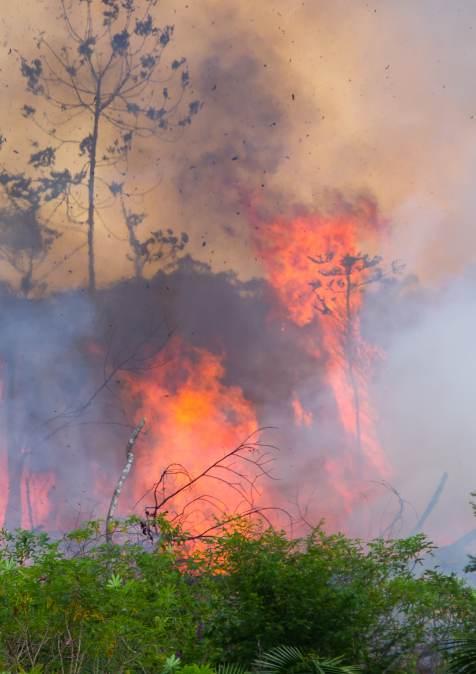Publications /
Book / Report
Reducing carbon emissions is the most complex political and economic problem humanity has ever confronted. Coping with the Climate Crisis brings together leading experts from academia and policy circles to explore issues related to the implementation of the COP21 Paris Agreement and the challenges of accelerating the transition toward sustainable development.
The book synthesizes the key insights that emerge from the latest research in climate-change economics in an accessible and useful guide for policy makers and researchers. Contributors consider a wide range of issues, including the economic implications and realities of shifting away from fossil fuels, the role of financial markets in incentivizing development and construction of sustainable infrastructure, the challenges of evaluating the well-being of future generations, the risk associated with uncertainty surrounding the pace of climate change, and how to make climate agreements enforceable. They demonstrate the need for a carbon tax, considering the issues of efficiently pricing carbon as well as the role of supply-side policies on fossil fuels. Through a range of perspectives from academic economists and practitioners in the public and private sectors who work either at the country level or under the auspices of multilateral organizations, Coping with the Climate Crisis outlines what it will take to achieve a viable, global climate-stabilization path.






